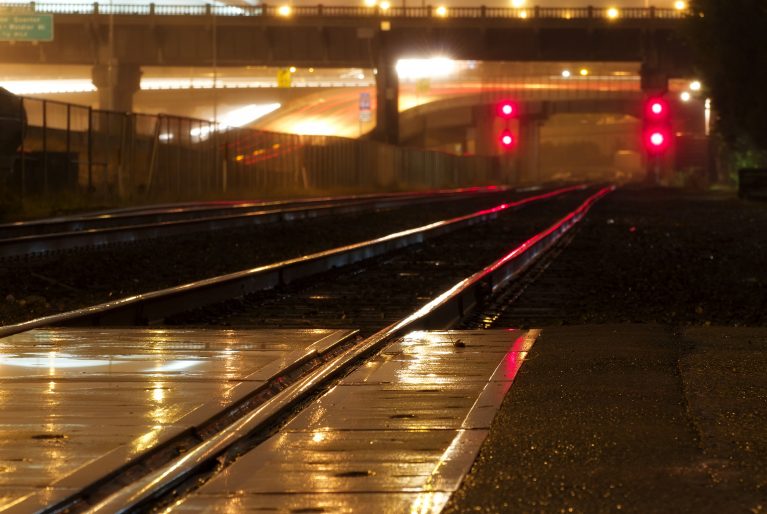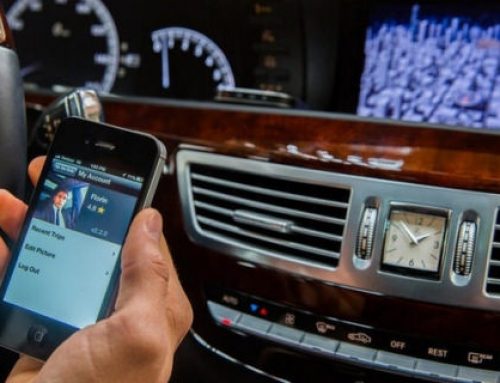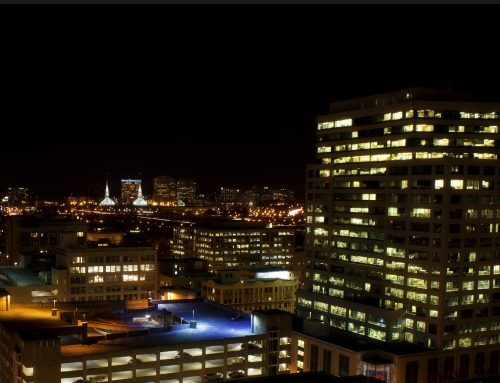Frustrated Melbourne commuters will welcome the news that the Victorian Government has committed to spend the full $10.9 billion needed for the city’s new Metro Tunnel.
After announcing the Budget, Treasurer Tim Pallas said he was “deadly serious” about the project, which will include the construction of two 9km tunnels. He’ll no doubt have thousands of frustrated Melbourne commuters, fed up with daily delays and congestion, to answer to if he changes his mind.
The tunnels will help free up space on the rail network by taking two of the busiest lines out of the city loop, so then other services will be able to operate more frequently.
The Treasurer has given himself an awful lot to live up to, claiming during his Budget speech that the upgrades would help Melbourne’s network “take its place among the great public transport cities of the world”.
$10.9 billion will be needed for the Melbourne Metro Tunnel project, and the government has committed to funding this full amount, with the first $2.9 billion coming over the next four years.
Speaking before the Budget, Public Transport Users Association spokesman Daniel Bowen said there was uncertainty over whether the project would receive the funding it needed (Let’s be honest, we’re not talking about pocket money here).
“They are going to need to find some serious money to get the project rolling and major works under way,” he said.
But it seems like the government has come up with the goods.
The tunnels will make room for 39,000 more people at peak times, with extra train services on the Sunshine-Dandenong line as well as the Werribee, Craigieburn, Upfield, Sandringham and Frankston lines.
Frankston commuters in particular will welcome the changes – and the $50 million upgrade planned for the station – as passengers there face some of the worst delays in the network, sometimes in excess of 30 minutes.
Residents of the expanding suburb of Mernda will soon be connected to the city too, with a $588 million extension to the South Morang railway line on the cards.
Premier Daniel Andrews described the Melbourne Metro Tunnel funding as the “centrepiece” of the entire budget, as it forms part of the biggest public transport overhaul Victoria has ever seen.
The state government says it has given up waiting for the Turnbull Government to deliver funds for the project, so is going ahead under its own steam.
Bus users will also benefit from the Budget announcements, with about $25 million pledged to improve Melbourne’s bus network.
$10 million has been put aside to create new routes, but the details are yet to be decided. Previously, the government committed $15 million for new bus routes in 2017-18, but it has decided to start making improvements a year earlier.
HOW WILL ROAD USERS BENEFIT?
The government, conscious of road users’ needs too, has promised to reduce travel times between Melbourne and Geelong by 20 minutes, partly helped by the $1.46 billion it is putting towards the Western Distributor project.
By creating a second river crossing for Melbourne, commuters will have an alternative to the dreaded bottleneck at West Gate Bridge.
There is some road widening in the plans too; the overcrowded Monash Freeway will go from four to five lanes in each direction between the EastLink interchange and the South Gippsland Freeway, and from two to three lanes each way through to Clyde Road in Berwick.
Road users will also be happy to hear that the Monash Freeway will remain toll-free. Works should be completed in 2018, creating a faster, more reliable and safer freeway for the 200,000 Victorians in the southwest who use it every day, according to Roads Minister Luke Donnellan.
WHAT ABOUT RESIDENTS OF THE SUBURBS?
Last year there were almost 2000 people a week moving to Victoria, and the government reckons that by 2030 Melbourne will have overtaken Sydney as Australia’s largest city.
To deal with this rapid growth, the government plans to upgrade arterial roads around Melbourne so road users in the outer suburbs find it easier to get around.
In Eltham, Thompsons Rd, Yan Yean Rd, O’Herns Rd, Hoddle St and Bolton St will receive improvement works to cut congestion.
There is also a $38.4 million upgrade planned for an intersection at Evans Rd, South Gippsland Highway and Hallam Rd.
Dohertys Rd in Laverton North will double in size from two to four lanes between Fitzgerald Rd and Grieve Pde.
Plenty Rd in Mill Park will also get an extra lane in each direction between McKimmies Rd and Bridge Inn Rd.
These upgrades will be funded by a combination of public and private cash.
WHO IS MISSING OUT
Although plenty of commuters’ lives will be made easier by the planned upgrades announced in the Budget, there are others who will have to stay frustrated at the government for at least another year.
Mr Bowen said the city would really benefit from a rail link to Tullamarine Airport, but this is noticeably absent from this year’s budget.
A spokesman for Transport Minister Jacinta Allan said the government’s first priority was to address the congestion at the centre of the network by building the Metro Tunnel.
This will leave some Melburnians wondering whether they will have to wait another 10 years, until the tunnel’s completion, before the government returns to the issue of a rail link.
“Airport rail is something a lot of Melburnians would like to see, but the government doesn’t see it as a priority,” Mr Bowen said.
Melbourne’s tram network also seems to have been overlooked, after receiving funding last year to build new stops.
Thousands of passengers are complaining about the issue of short-shunting, where they get kicked off so their tram can reverse direction and they are left waiting for another (probably packed) one to come along.
However the government seems to be skirting around this issue.
Speaking for Yarra Trams, Simon Murphy said that because 80% of Melbourne’s tram network is on shared roads, short-shunting helps to free up space for other trams on the same line. That’s little comfort for passengers who are left with no choice but to wait in the rain after being unloaded.
Another common frustration for Melburnians is the myki travel smartcard, which doesn’t top up instantly and suffers from several other glitches. This is another area that has been glossed over in the Budget, perhaps because myki is currently up for tender.








